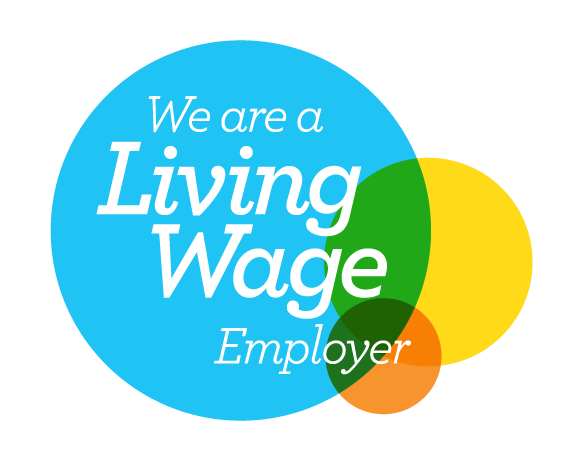Why effective data management is a key piece to the net zero puzzle
A few weeks ago, whilst tracking my gym workouts, I found myself resorting to shadow IT. I jotted down exercise notes in notes app on my phone — an unorganised mess of acronyms that only future me might decipher. Whilst this was easy in the moment, I knew there were more efficient workout-tracking apps available and, after a quick search later, found an app that offered all the functionality I needed, enabling me to focus on my workouts rather than the logistics.
This got me thinking about the parallels between personal and professional data management. In many work environments, especially in sustainability and energy management, people often turn to ‘shadow IT’ solutions (tools or systems devised by non-IT personnel to solve immediate problems). Whilst these solutions may seem quick and convenient, they often bypass critical considerations such as security, scalability, and data accuracy.
In the world of sustainability, where data integrity is paramount for compliance reporting and decision-making, shadow IT can be a risky choice.
The Appeal of Shadow IT in Sustainability
Sustainability and energy managers are often under pressure to deliver results quickly. In these situations, relying on unsanctioned tools can seem like an efficient way to address pressing needs. However, whilst shadow IT can offer short-term fixes, it fails to address long-term challenges, particularly in data-heavy fields like sustainability. The issue isn’t just about data management, it's about ensuring that the tools we use are robust, scalable, and compliant with ever-changing regulations.
Take, for example, the evolving CSRD (Corporate Sustainability Reporting Directive) compliance requirements. These regulations demand a level of data granularity and interrelatedness that most shadow IT solutions, whether that’s a hastily put-together Excel spreadsheet or an unsanctioned dashboard, cannot handle. Relying on such tools can lead to risks around data accuracy, compliance, and security, putting organisations at risk of missing the mark on regulatory requirements.
When managing complex sustainability data, the stakes are high. Using makeshift tools to track energy consumption or carbon emissions is not only inefficient but can expose your organisation to significant compliance vulnerabilities. For businesses aiming to meet standards such as CSRD or TCFD (Task Force on Climate-related Financial Disclosures), shadow IT can introduce hidden risks that threaten data security and regulatory adherence.

The Case for Robust I.T. and Software Choices
At Optimised, we understand the challenges that sustainability and energy managers face when it comes to managing complex datasets. That’s why we’ve invested in reliable, scalable digital solutions that provide our clients with clear, actionable insights. Dashboards, for example, gives organisations a straightforward view of their energy consumption and carbon footprint, helping them manage compliance effortlessly.
By partnering with trusted software providers, businesses can ensure that they are equipped with tools that meet the requirements of CSRD, TCFD, and other standards. These integrated solutions allow organisations to move beyond shadow IT and take control of their data, ensuring accuracy, compliance, and security.
The Importance of User Onboarding
Selecting the right IT and software solutions is only part of the equation. To truly harness the power of these tools, it’s crucial to ensure proper user onboarding and training. Even the most sophisticated systems can be underutilised if users aren’t equipped to use them effectively.
For sustainability and energy managers, comprehensive onboarding is essential. Training should go beyond simple functionality and focus on how to leverage the software to make informed, data-driven decisions, ensuring that teams are confident in using the tools to manage data correctly, stay compliant, and meet net zero goals.
CONCLUSION
Whilst shadow IT may provide temporary relief for immediate challenges, it’s clear that for long-term sustainability and energy management, robust, reliable IT solutions are the key to success. By making informed software choices and prioritising user onboarding, sustainability managers can ensure they have the tools they need to manage complex data efficiently, comply with regulations, and ultimately drive their organisation toward its sustainability goals.

Article by Richard Jack Whittingham
Senior Sustainability Data Analyst, Net Zero Advisory Team
Experienced in crafting methodologies and robust approaches to various analysis projects, including carbon footprint measurement, GHG accounting, and ESG performance and risk measurement, Richard brings a rigorous attention to detail to projects he is involved in. Richard also leverages his background in accounting and statistical analysis to deliver business-relevant insights to clients.
BOOK YOUR 30-MINUTE ENERGY MANAGEMENT CONSULTATION
Fill in your details below to arrange a complimentary consultation with one of our experts. They will give you bespoke advice to help your business achieve all its energy needs, reducing cost, consumption and carbon.










